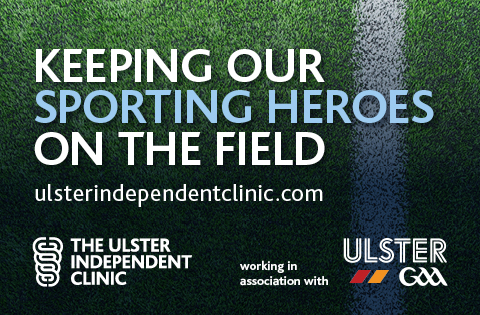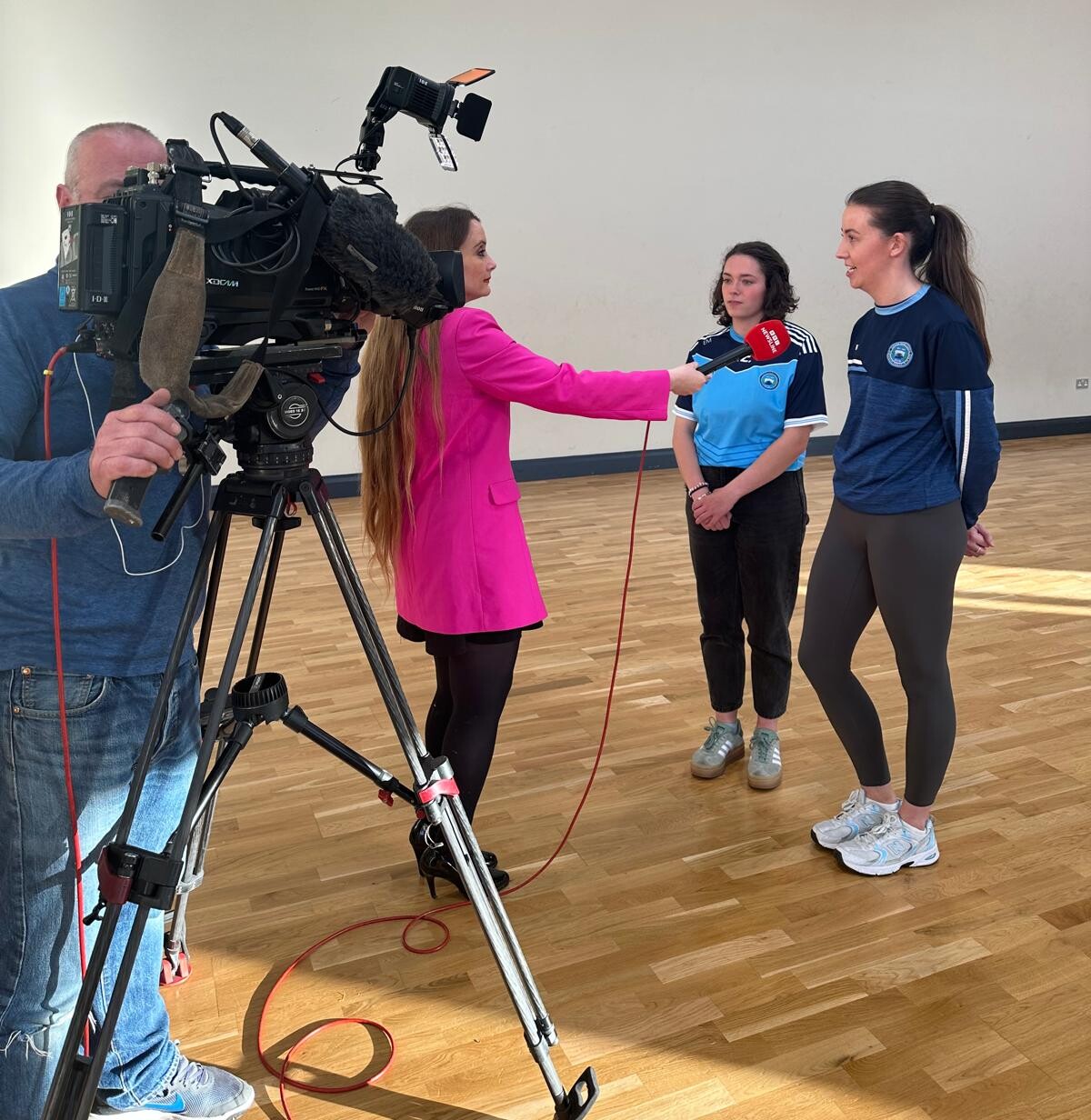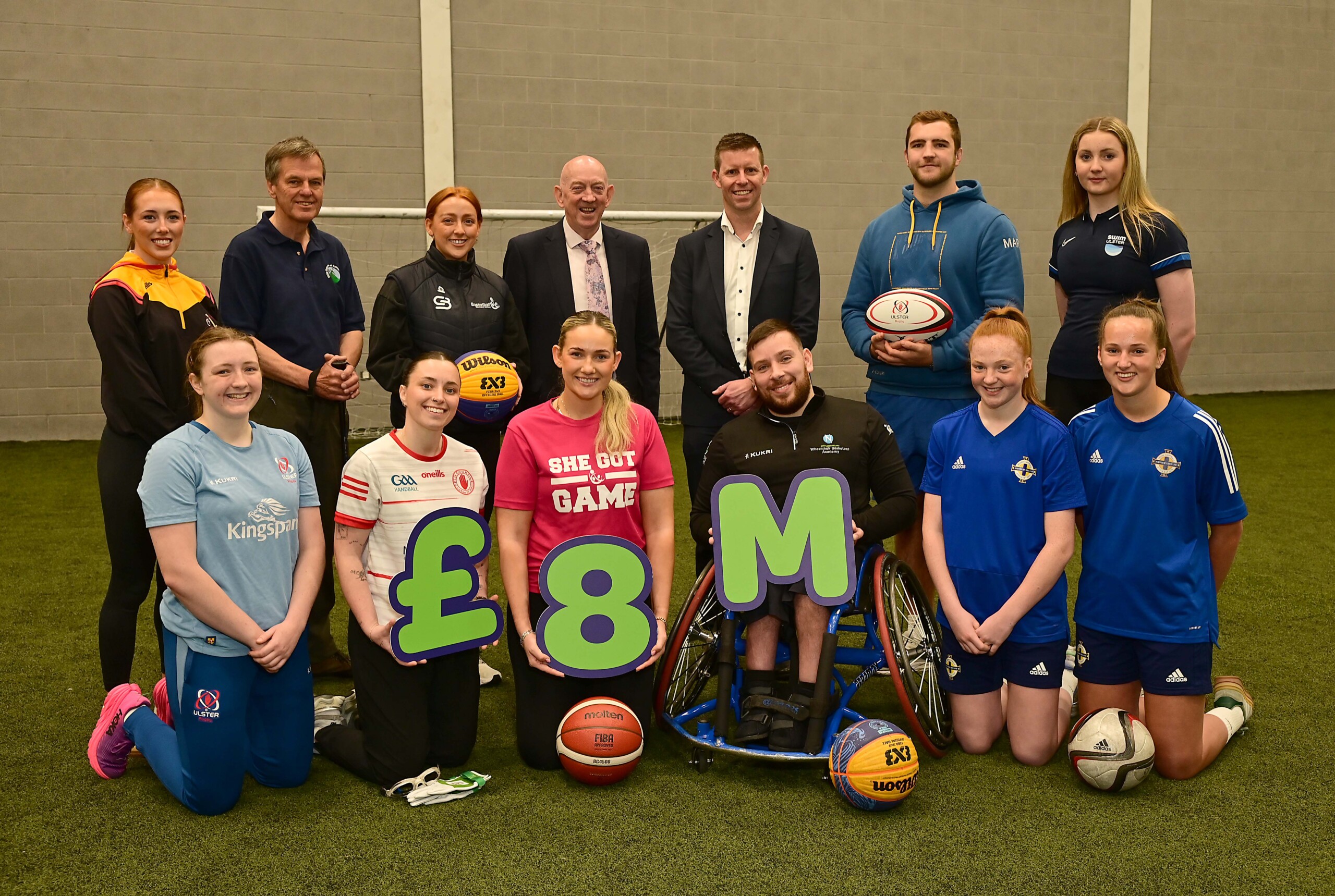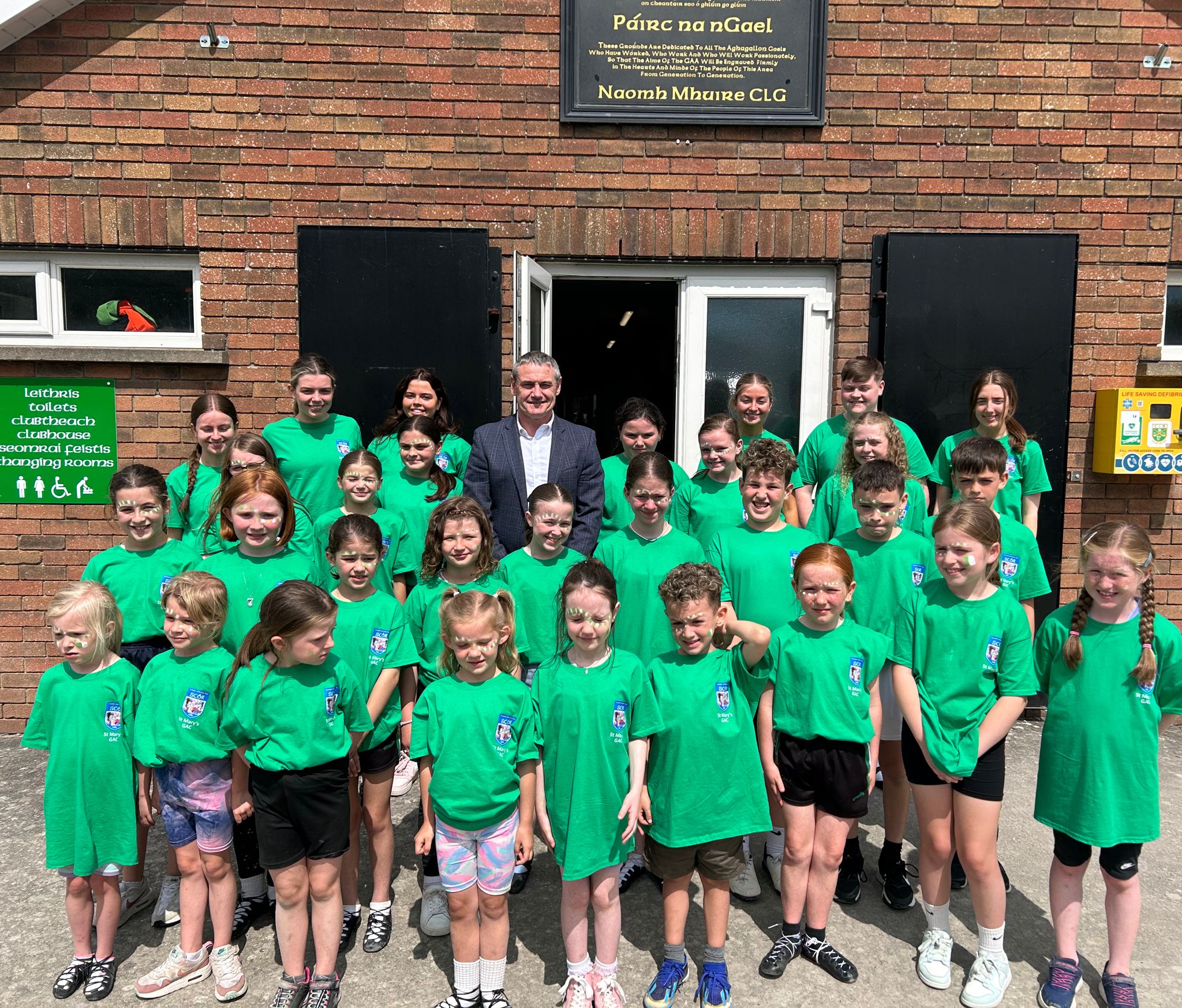GAA Clubs Supporting Organ Donation
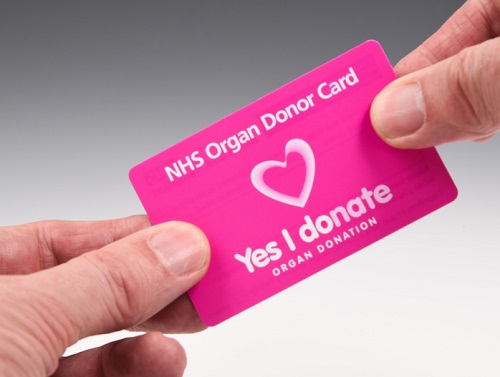
Organ Donation Week has just passed and it serves to remind us all about the importance of organ donation.
The process for registering as an organ donor is slightly different in each jurisdiction, but the over-riding message is clear – make your loved ones aware of your wishes.
It is important to recognise that there are 2 types of donors; live donors, and those who have passed away. Live donors are those who opt to donate a kidney, part of their liver, or tissues and bones. As with any donation, live donors can be life-savers and this process can be a lot more straight-forward because all parties are able to consent to their involvement. However, in the case of donation after death the process will almost certainly be a lot more difficult and sensitive, which means donation after death, even when medically possible, does not always proceed – sometimes this is due to it being the wishes of the deceased, but often times this can be due to the wishes of the deceased not being known.
It is important to point out that most of us will pass away unable to be a donor after our death; the circumstances of our death making it impossible for us to donate our organs. In fact, only around one in 100 people who die in the UK are usually able to be donors – 1%. For this 1% of deaths, the medical team will seek to speak to family members about their loved one’s wishes in respect of organ donation. Statistics from the NHS show that of this 1% of deaths, less than 50% of organ donations will proceed if the deceased person’s wishes are not known by loved ones; however, in the same scenario but where the deceased person’s wishes to donate are known by loved ones organ donation will go ahead in over 90% of cases. This goes to show how very small the opportunity for organ donation after death is.
This is something which Organ Donation Week wishes to address. The message is to make your loved one’s aware of your wish to donate, if that is the case, by saying “Yes I Donate”. You can register your interest on the NHS Organ Donor Registry www.organdonation.nhs.uk (six counties) but remember to make your wishes known to your loved ones. Organ donation will not proceed without permission from loved ones, whether or not the person has registered their intentions on the registry. It is also still possible to be an organ donor after death if loved ones can speak on your behalf, despite not being on the register. In England the law has changed. Since 20th May 2020 people now must opt out of organ donation if they do not wish to be considered. This is something which has been campaigned for here, but has not been implemented, as yet.
In the 26 counties there is no need to register as an organ donor, although some people do carry an organ donor card which can be picked up from most local pharmacies. Despite this, the same process applies – should organ donation be an option after your death, your loved ones will be asked for their permission. So, the message is simple #HaveThatConversation. More information can be found at: https://www.hse.ie/eng/about/who/organdonation/ (26 counties)
Clubs can get involved by simply sharing the appropriate link on their social media channels to where people can get more information, and sign-up. There have been many successful donations, and many GAA families have both benefitted, and played their part, in saving lives. Everyone is encouraged to consider organ donation, and to have the conversation with their loved ones.
For more information on promoting organ donation through your club contact maura.mcmenamin.uslter@gaa.ie


